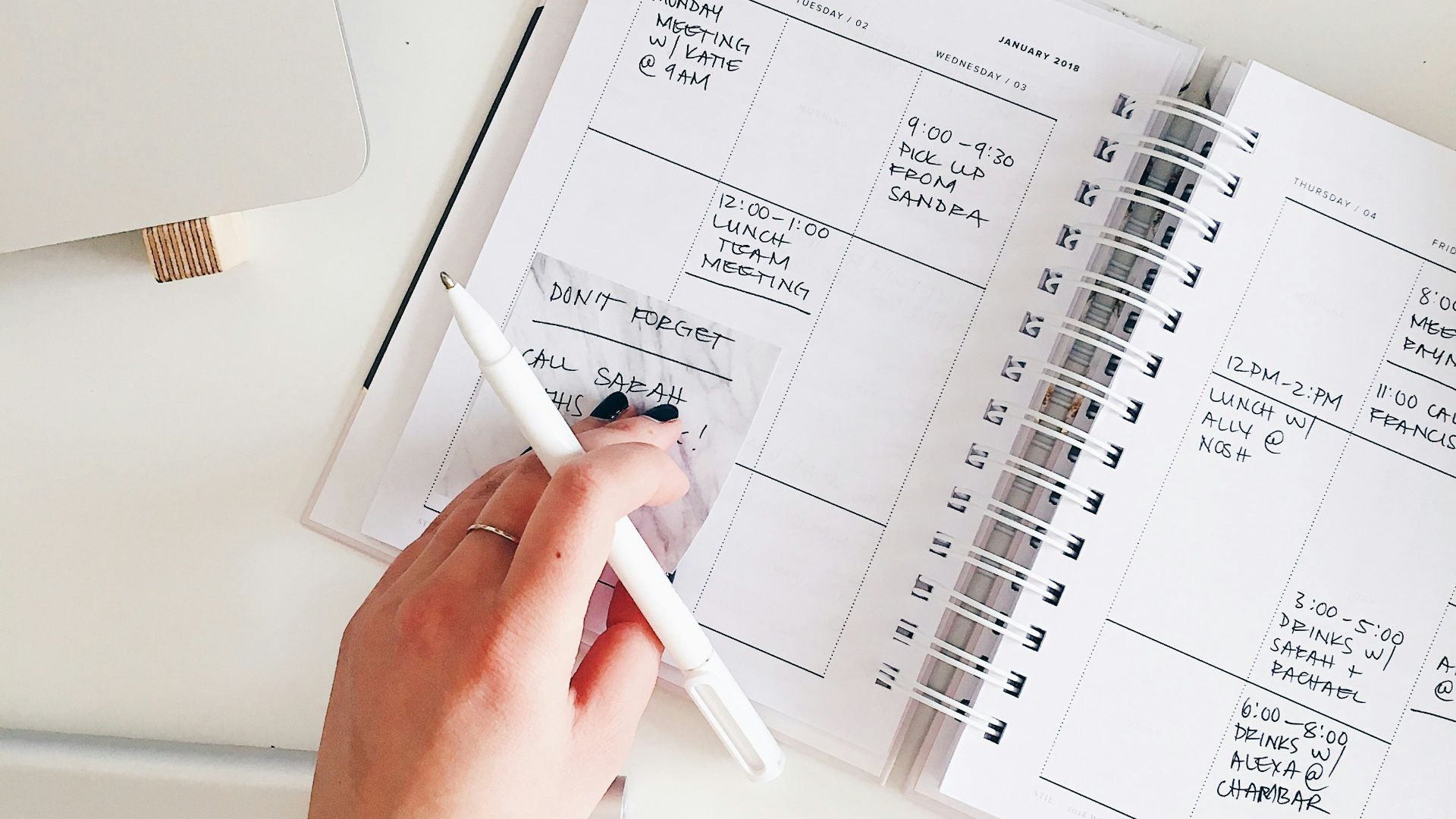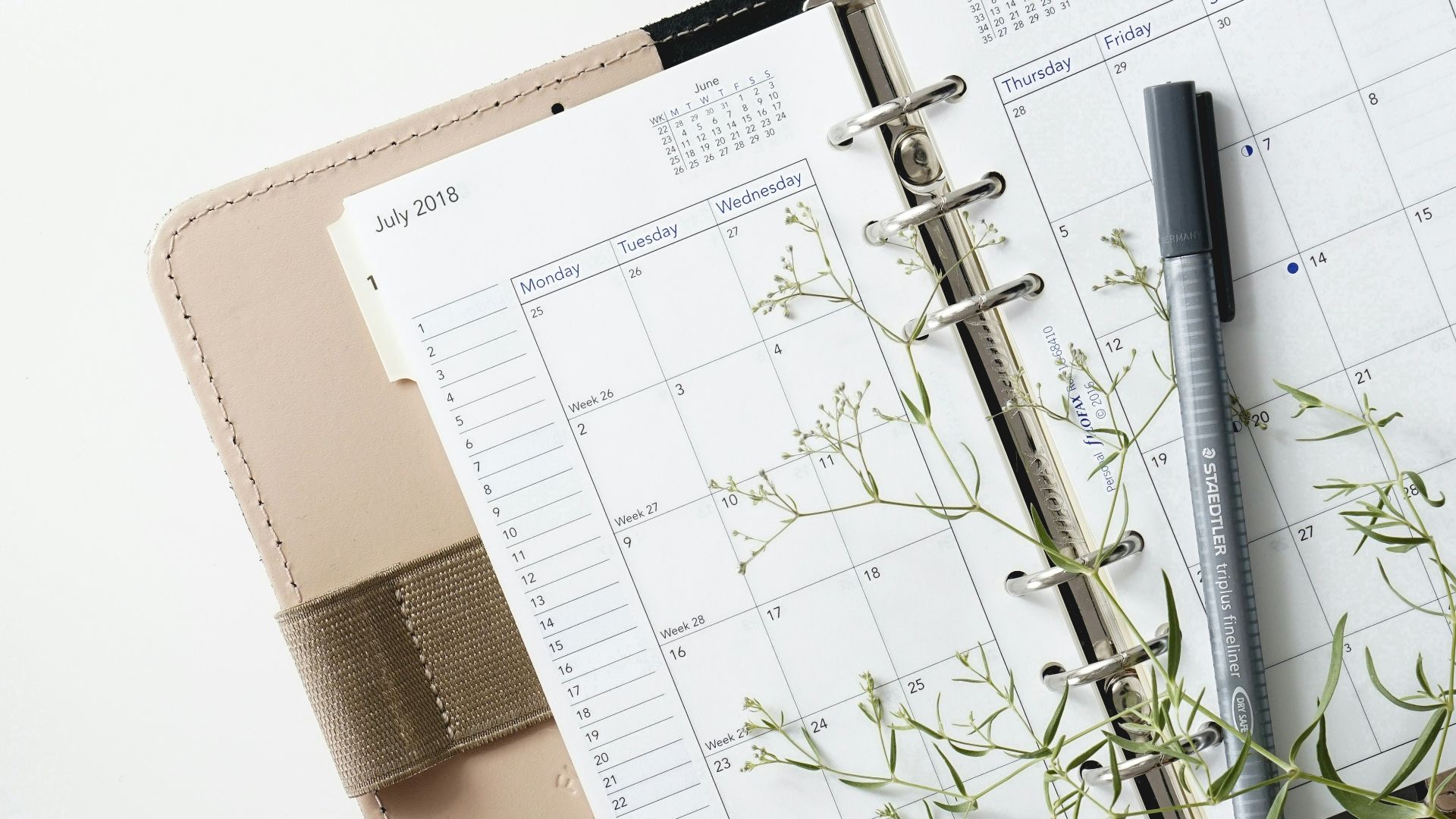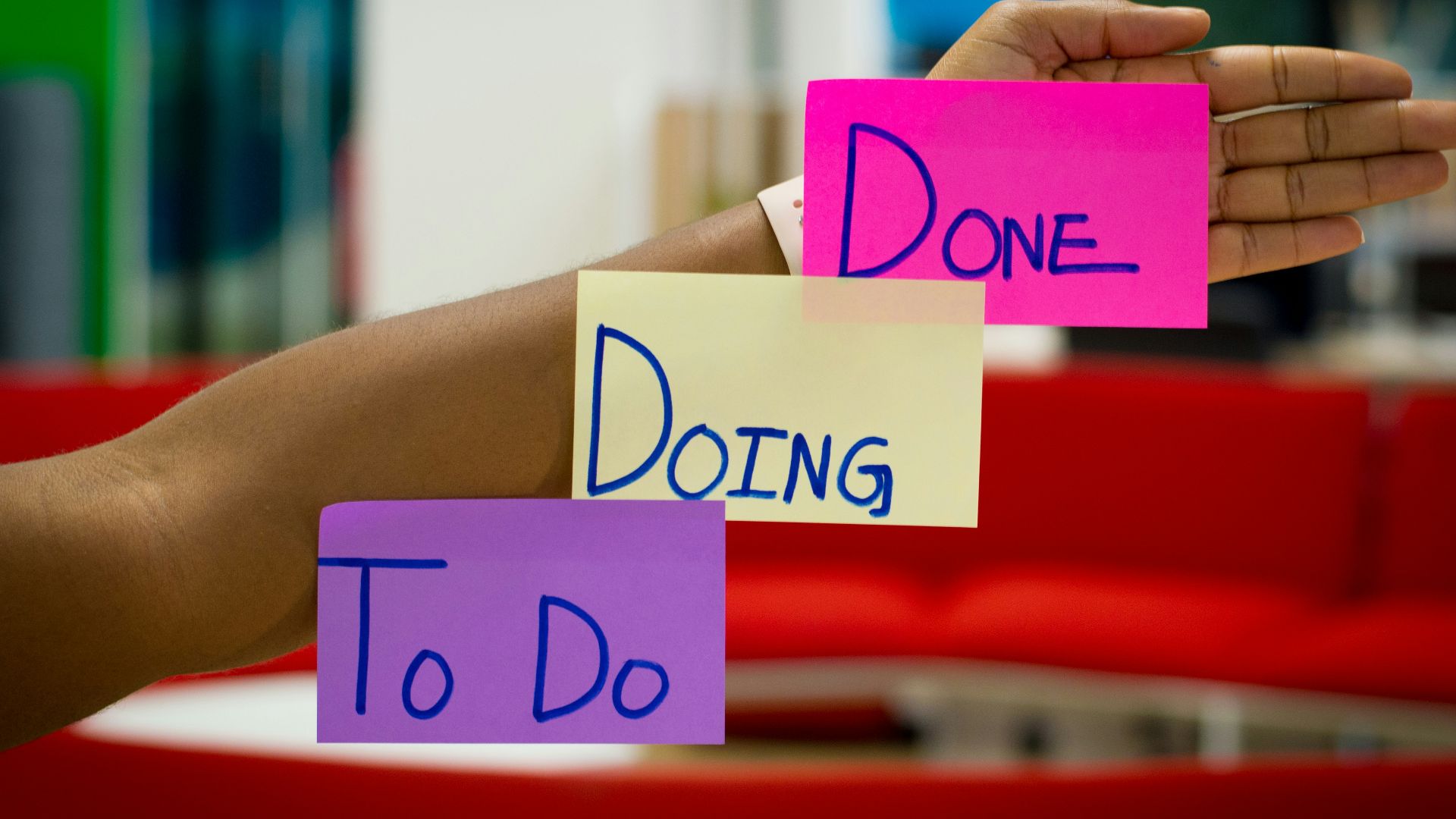20 Organizational Practices You Can Build Into Your Routine To Become More Successful
20 Organizational Practices You Can Build Into Your Routine To Become More Successful
So, You Want To Be An Organized Human?
Any successful person will tell you how key organization is for achieving your goals. It's the foundation of personal and professional growth. Don't automatically write yourself off as a disorganized person; organization is a skill you can learn by forming better habits and routines. There are countless tools, from digital apps to planners, that can help you become more structured and use your time more effectively. It may seem hard at first to implement new organizational practices, but in the long run, it will break up your goals into manageable tasks and make them much less overwhelming. Here are 20 organizational practices to create a success-driven routine.
1. Create A Schedule
Creating a schedule is the first step to being organized, whether it's with a calendar, planner, or list. Allotting time for different tasks will help you fit them into your day and use your time wisely.
2. Prioritize Tasks
Identify the most important tasks and do them first. The tasks that are impactful for reaching your goals and are time-sensitive should be completed first, then you can work on things that are less time-sensitive but still valuable.
3. Get Rid Of Distractions
From social media to email alerts, life is full of distractions. If you really want to focus, silence your notifications and put yourself in a quiet room.
 Mariia Shalabaieva on Unsplash
Mariia Shalabaieva on Unsplash
4. Set Deadlines
For most of us, it's impossible to finish tasks without deadlines. Don't stress yourself out, but set deadlines that make sense with your life and hold yourself to them as if they were a work deadline.
5. Create A Checklist
Creating a daily or weekly checklist will help you remember everything you want to achieve with your time. What's more, checking them off will add some satisfaction to completing them.
 Glenn Carstens-Peters on Unsplash
Glenn Carstens-Peters on Unsplash
6. Be Consistent
When it comes to true organization, consistency is key. Don't just buy a planner and write in it for fun; hold yourself accountable and stick to your routines.
7. Delegate
Being overwhelmed is one of the biggest roadblocks to organization and success. Identify which tasks aren't that urgent that you can trust others with and delegate them.
8. Buy A Planner
Having a visual representation of your day, week, or month is hugely helpful for organization. You can do this on your phone, but for many of us, it helps to put pen to paper and have a physical representation.
9. Do The Worst Task First
Don't procrastinate. Force yourself to get the most annoying or challenging tasks out of the way first. It will feel so good to cross them off, and the rest of your day will be more positive.
10. Set Boundaries
One of the most important aspects of an organization is to learn how to say no.
There's only so much time in the day, and you can't spend your energy on things or people that aren't going to add value if you want to achieve your goals.
11. Wake Up Early
Be honest with yourself: how often do you spend your late-night hours productively? Most of us are a lot more effective first thing in the morning. The earlier you wake up, the fewer distractions you have.
12. Start Your Day With Gratitude
Start off on the right foot with yourself by building gratitude into your wake-up routine. Reflecting on what you're thankful for creates a positive mindset and sets you up well for a fulfilling day.
 Gabrielle Henderson on Unsplash
Gabrielle Henderson on Unsplash
13. Break Up Big Tasks
Don't overwhelm yourself with massive jobs. Take your largest tasks and break them up into more manageable, bite-sized pieces. You can even schedule small chunks over multiple days.
14. Prepare For The Next Day
Prepare for the following day the night before to reduce your chances of having a stressful morning. This way, you can hit the ground running.
15. Reflect
Practice self-reflection each night before going to sleep. Think about your day and analyse your wins, mistakes, and areas for improvement so you can actively learn and grow.
16. Keep Your Workspace Clean
Keeping your workspace clean will help you focus better and reduce stress. Regularly declutter not only your physical workspace but your digital one too.
17. Cultivate A Growth Mindset
A growth mindset is the belief that your intelligence and abilities aren't static and can be developed through hard work and dedication. With a growth mindset, you're more open to challenges and have the ability to learn from criticism, focus on effort, and practice.
 David Alberto Carmona Coto on Pexels
David Alberto Carmona Coto on Pexels
18. Read Daily
Read at least 20 minutes a day. Whether it's fiction, self-help, or industry news, it will help you expand your knowledge, creativity, and sharpness.
19. Reward Yourself
Celebrate every little accomplishment, not just the big hurdles. Giving yourself rewards, whether it's a tasty treat after accomplishing a task or allowing yourself some time with friends if you have a productive day, can help you stay motivated.
20. Declutter Regularly
A cluttered workspace or living area indicates a cluttered mind. Taking time to organize both physical and digital files logically will save you time and stress in the long run and minimize distractions.
























